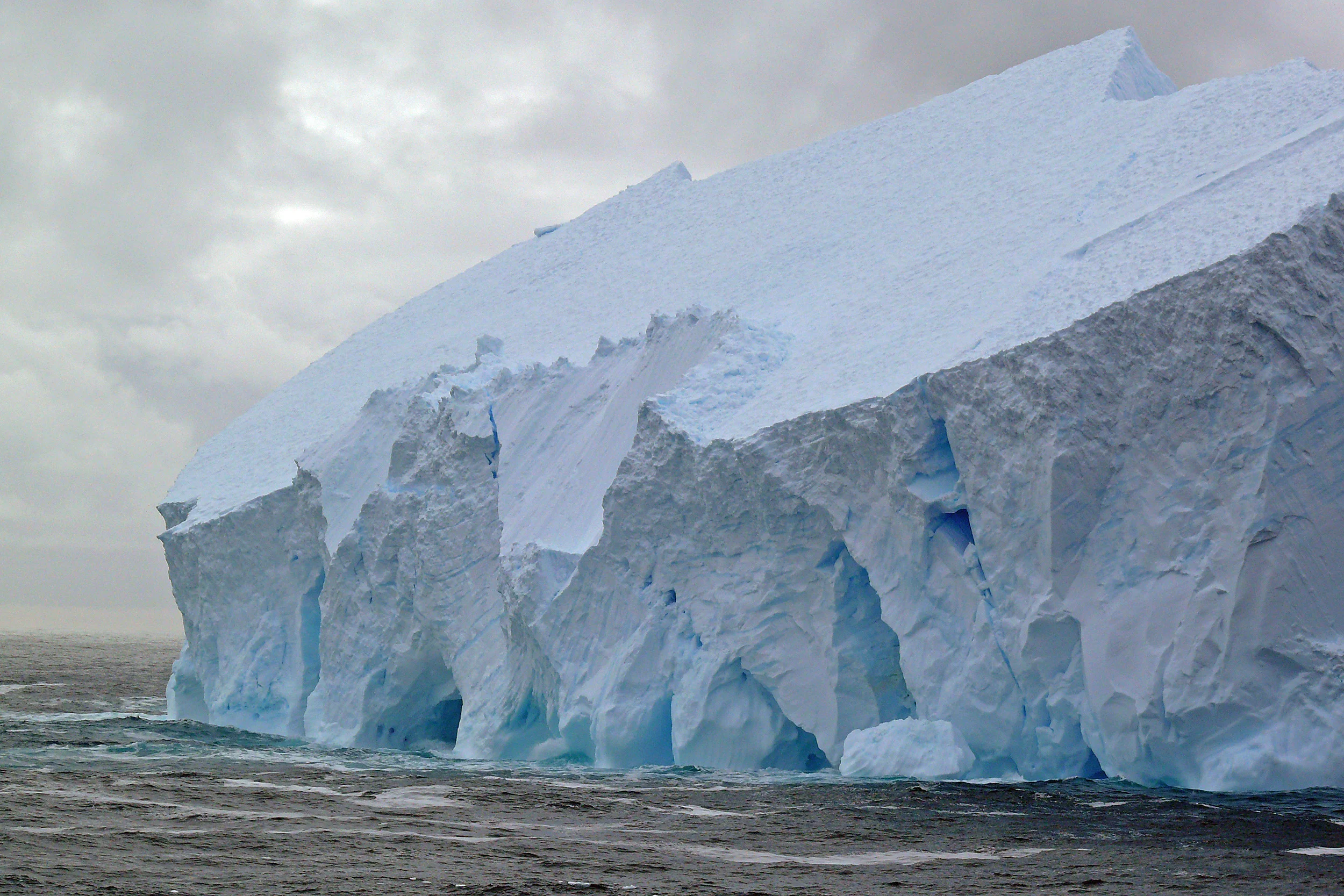In a groundbreaking study published, researchers have unveiled that global warming has begun to affect the Earth’s rotation, potentially altering how we perceive and measure time.
In a groundbreaking study published Wednesday, researchers have unveiled a startling revelation: global warming, driven predominantly by human activities, has begun to affect the Earth’s rotation, potentially altering how we perceive and measure time. Led by Duncan Agnew, a geophysicist at the Scripps Institution of Oceanography, University of California San Diego, the study delves into the repercussions of polar ice melting, a phenomenon exacerbated by climate change.
Agnew explained that as ice at the poles continues to melt, it redistributes the Earth’s mass, consequently impacting its angular velocity.
Drawing an analogy to a figure skater’s movements on ice, Agnew likened the process to rotational speed adjustments based on mass distribution changes. With less solid ice at the poles, there’s a noticeable shift in mass toward the equator, altering the Earth’s rotational dynamics.
Thomas Herring, a professor of geophysics at the Massachusetts Institute of Technology, not involved in the study, emphasized how the melting of polar ice disrupts the planet’s equilibrium, redistributing water masses towards the equator and prompting unforeseen consequences for Earth’s rotation.
The implications of these findings are profound, suggesting that human-induced climate change is disrupting a fundamental force long considered beyond human control. Published in the prestigious journal Nature, Agnew’s study asserts that climate change’s influence on Earth’s rotation is significant enough to counteract previously observed trends.
Interestingly, recent decades have witnessed an unusual acceleration in Earth’s rotation, prompting scientists to consider subtracting a “negative leap second” from global clocks by 2026. However, the melting of polar ice has postponed this adjustment by approximately three years, according to Agnew’s estimates.
The potential addition of a negative leap second carries ramifications beyond mere timekeeping, with concerns looming over its impact on global computer networks. This proposal arises from the historical necessity to adjust timekeeping mechanisms to align with Earth’s rotational changes over millennia.
While factors such as ocean tides and crustal movements have historically influenced Earth’s rotation, the study underscores the unprecedented role of human-induced climate change in altering this fundamental aspect of planetary dynamics. Moreover, fluctuations in the Earth’s liquid inner core further complicate predictions regarding the planet’s rotational behavior.
As climate change intensifies, researchers anticipate a more pronounced impact of ice melt on Earth’s rotation, underscoring the urgent need for proactive measures to mitigate its consequences. Herring emphasized the interdisciplinary nature of the study, praising its comprehensive analysis and contribution to our understanding of Earth’s complex systems.
The study’s findings reverberate across various sectors, highlighting the interconnectedness of climate change with broader environmental phenomena. Moreover, they underscore the imperative for concerted global action to address climate change and its multifaceted repercussions.
The debate over leap second adjustments reflects a broader discourse on the intersection of human activities with natural processes, underscoring the need for adaptive strategies to navigate an increasingly uncertain future. Whether clocks ultimately undergo modification, the study underscores the profound influence of melting polar ice on Earth’s rotation, signaling a paradigm shift in our understanding of climate change’s far-reaching consequences.
As the world grapples with the escalating impacts of climate change, the study serves as a stark reminder of the urgent need for collective action to safeguard our planet’s delicate ecological balance and ensure a sustainable future for generations to come.
